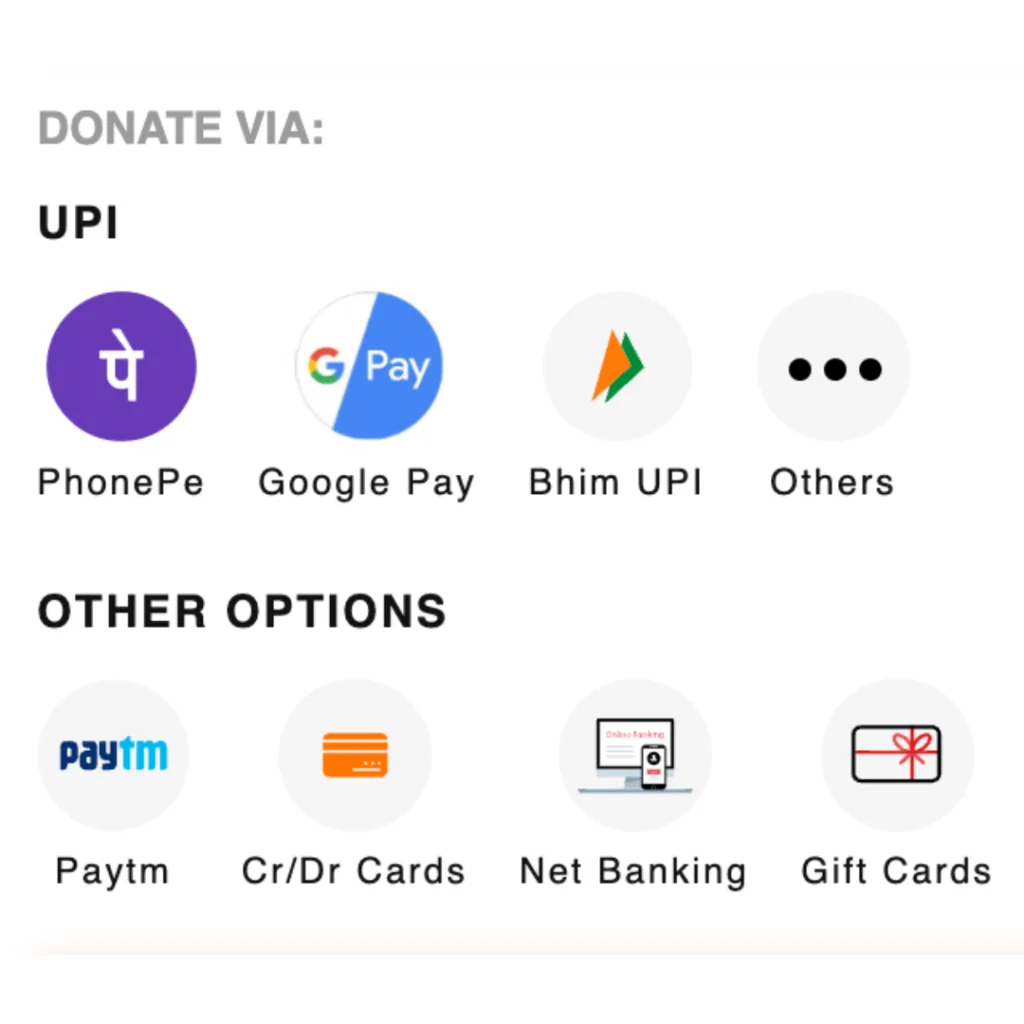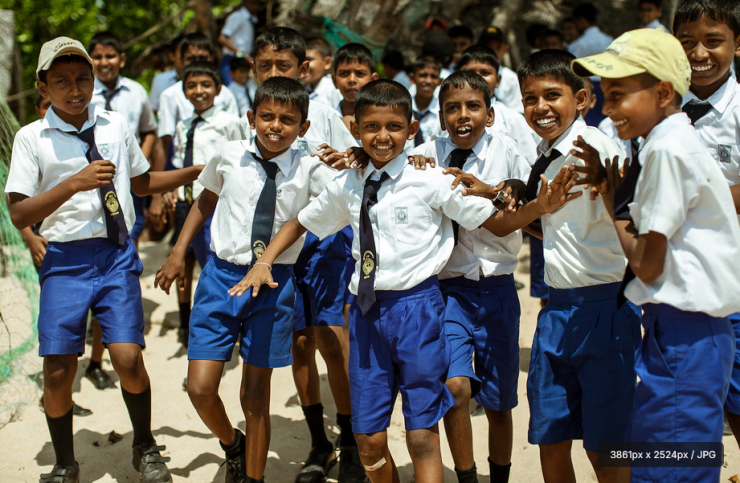
- 5 years ago
- Treatment
Empowering the Future: The Importance of Child Education
Education is the key to unlocking a brighter future for children, communities, and nations. It serves as a powerful tool that breaks the cycle of poverty and empowers young minds to dream, innovate, and contribute to society. Yet, millions of children worldwide are deprived of quality education due to financial constraints, lack of resources, and social inequalities. Ensuring that every child has access to education is not just a moral duty but a fundamental necessity for global progress.
The Importance of Child Education
Education plays a crucial role in shaping a child's future. It equips them with knowledge, critical thinking skills, and the confidence to face life’s challenges. A well-educated child has higher chances of securing a stable job, leading a healthy life, and making informed decisions. Beyond personal growth, education fosters social harmony, reduces crime rates, and strengthens economies by producing skilled professionals and responsible citizens.
For underprivileged children, education is a beacon of hope. It provides them with opportunities to escape poverty and transform their lives. When a child from a disadvantaged background receives education, it not only changes their fate but also uplifts their family and community. A single educated child can inspire change, demonstrating that knowledge is the most powerful weapon against inequality and oppression.
Barriers to Education for Underprivileged Children
Despite the undeniable benefits of education, many children face obstacles that prevent them from attending school. These barriers include:
Financial Constraints – Many families cannot afford school fees, uniforms, and learning materials, forcing children to drop out or never enroll in the first place.
Lack of Infrastructure – In many rural and underserved areas, schools are either non-existent or poorly equipped, making learning difficult.
Cultural and Gender Biases – In some communities, girls are discouraged from attending school due to cultural norms, early marriages, or household responsibilities.
Child Labor – Economic hardship forces many children to work instead of going to school, robbing them of their childhood and potential.
Conflict and Displacement – Wars, natural disasters, and displacement due to economic crises disrupt education, leaving children without a stable learning environment.
How You Can Make a Difference
Supporting child education is a collective responsibility. Individuals, communities, and organizations can contribute in several ways:
Donations – Financial contributions to educational charities can help cover tuition fees, provide learning materials, and improve school facilities.
Volunteering – Teaching, mentoring, or organizing educational programs can directly impact children in need.
Raising Awareness – Spreading the message about the importance of education encourages more people to take action.
Sponsoring a Child – Many organizations allow individuals to sponsor a child’s education, ensuring they receive quality learning opportunities.
Advocating for Policy Changes – Encouraging governments to implement policies that promote free and quality education for all can bring systemic change.
Conclusion
Education is not a privilege but a right that every child deserves. By working together, we can remove the barriers that hinder learning and create a world where every child has the opportunity to dream, learn, and succeed. Investing in child education is investing in a better future for all. Join the movement and be the catalyst for change in a child’s life today.
Login To Leave a Comment
Related Causes

- PAN: AAETG9349N
- 80G Number: AAETG9349NF20251
-


Comments (0)